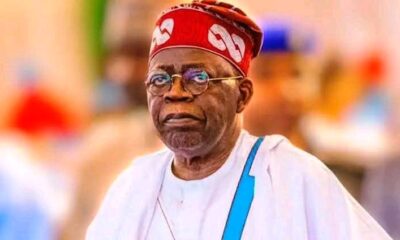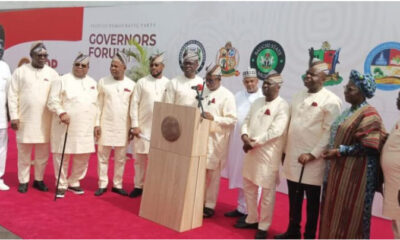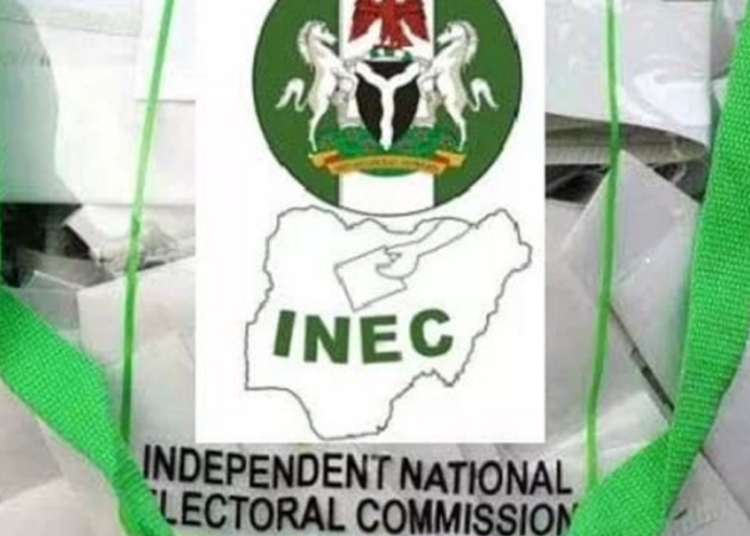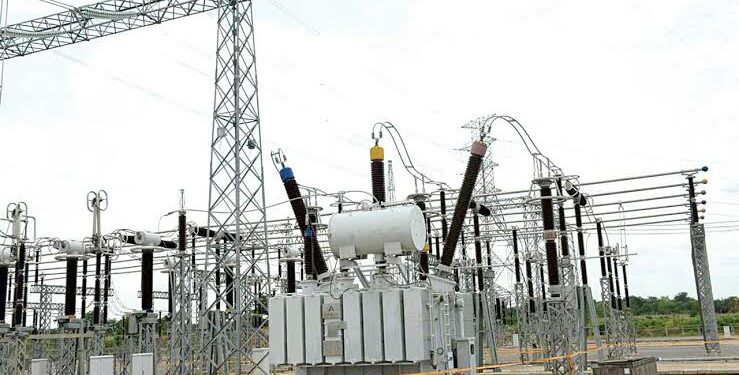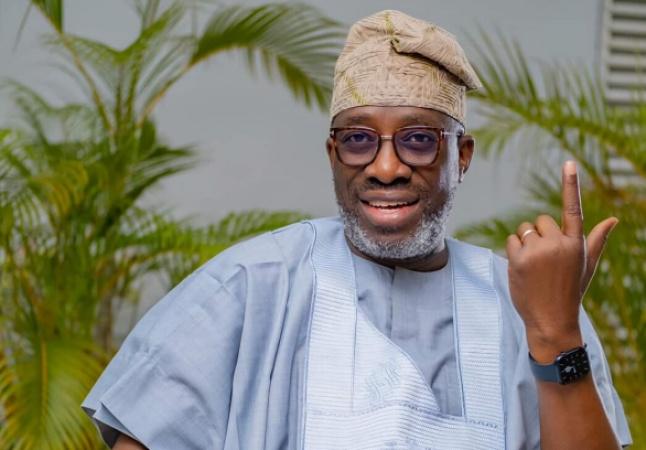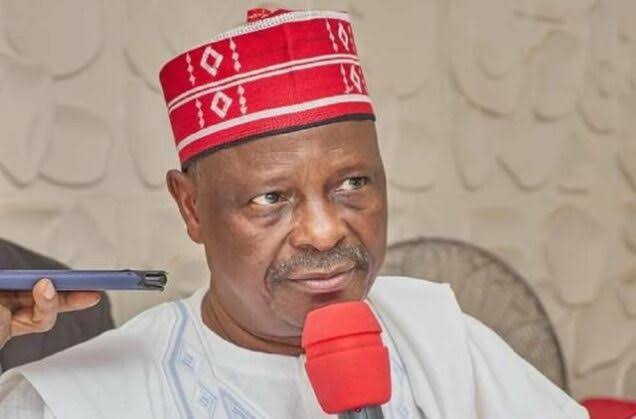Politics
Apathy: Nigeria may witness voter blackout in 2027, varsity don warns
… As stakeholders proffer solutions
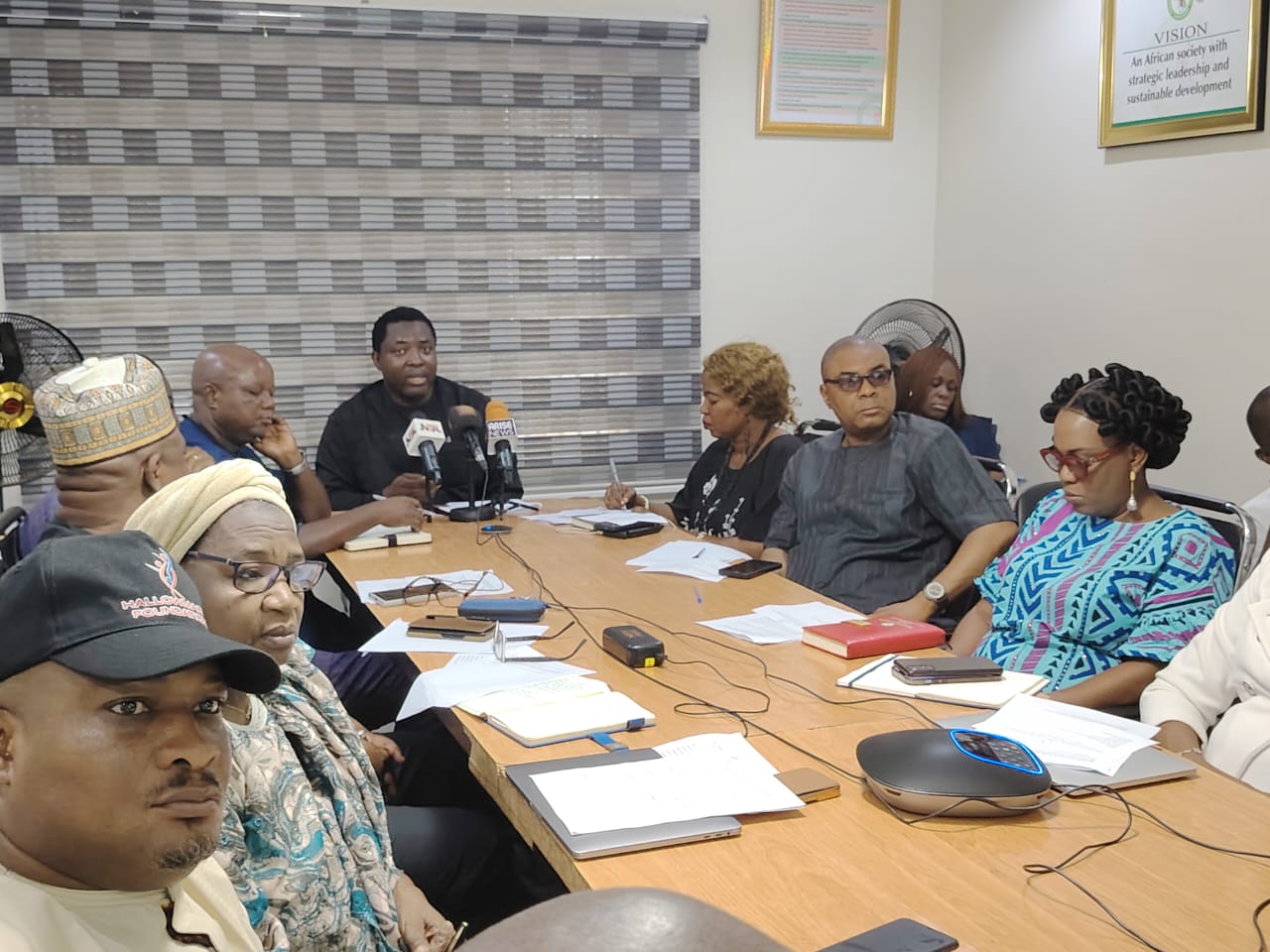
An election expert and senior lecturer at the Nile University, Abuja, Dr. Iroro Izu, has warned against total election blackout in 2027, adding that something urgent must be done to address abysmal 26 percent turn of voters recorded in 2023 general elections.
According to the political scientist, Nigeria must strive to join countries like Rwanda, Kenya, Gambia and Ghana with high turnout during election.
Speaking as a presenter at a policy dialogue on voter turnout analysis and programming, organised by the African Centre for Leadership, Strategy and development, Dr. Izu lamented that in Nigeria, there have been increasingly steady decline in voter turnout during elections, adding that Nigerians have experienced more of what could be described as voter burnout than turnout.
He said: “Voter burnout calculates the degree of discomfort, inconvenience, uncertainty and irresponsibility suffered by voters on election-day due to the unusually long-drawn hours voters spend or wait to vote mainly because of delay in voting, inefficiency of election devices, incapability and corruptibility of election workers, rude activities of thugs, hooligans, touts, corrupt security operatives, colluding communities and logistical breakdown.
“Voter burnout deals with the harshness, callousness, rudeness and inhumanity of the voting ecology.”
The one-day dialogue brought together frontline Civil Society Organizations and media.
The election expert said the government must live up to the demands of governance in terms of bettering the living conditions or circumstances of the people.
“When governance fails it means that government has failed and when this trend becomes successive, making all previous governments to resembie one another in failure, the voters will develop this complex that their votes do not translate to anything that brings meaning to their everyday lives.
“Time spent at a polling center for balloting takes too long most times because of failed logistical issues borne out of the delay in the arrival of election materials, election workers, and the securitization of polls.
“Massive voter education and sensitization should be carried out to orientate the voters on the importance of coming out to ia vote and that their votes will count.
“The number of polling units should be doubled to make voting centers more accessible to the voters, making time spent per voter at the polling unit reduced; and the centers should be designed to ensure inclusivity.
” Adopting a single-day for all elections will also reduce voter burnout because it will be a one-off thing. When the days of voting are too many, it makes the whole process cumbersome, tortuous and exasperating.”
In his opening remarks, Executive Director of Centre for Leadership, Strategy and Development (Centre LSD), Monday Osasah, said the organization recognises that at the heart of every democracy lies the fundamental right to vote—a right that defines citizens’ participation in shaping the society they desire.
According to Osasah, ultimate authority resides with the people, who delegate their power to elected representatives through the electoral process. The right to vote, or franchise, enables citizens to fulfill this vital role.
He lamented that the history of elections in Nigeria, from the colonial period to the present, reveals a troubling trend: citizens are often denied the effective exercise of their voting rights, and their votes frequently fail to influence the final electoral outcomes. In numerous cases, candidates have been declared winners without reflecting the true will of the electorate.The first election was held in Nigeria in 1923.
“We have seen from past electoral cycles in Nigeria and across many African countries, voter turnout remains alarmingly low.
“The data coming out from our study is telling. From the post-election analysis of Nigeria’s 2023 general elections, we identified critical issues such as: Weak voter education and poor communication from electoral bodies, lack of trust in the electoral process, challenges related to voter registration, PVC collection, and polling logistics, violence, insecurity, and disenfranchisement, Gender disparities and underrepresentation of marginalized groups.”
-
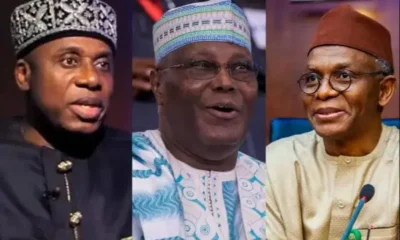
 Politics2 days ago
Politics2 days agoWhy Tinubu’s APC must go in 2027– Atiku, El-Rufai, Amaechi
-
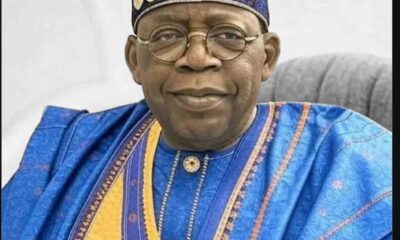
 Politics2 days ago
Politics2 days ago2027: Northern democrats proposes new party for anti-Tinubu coalition
-
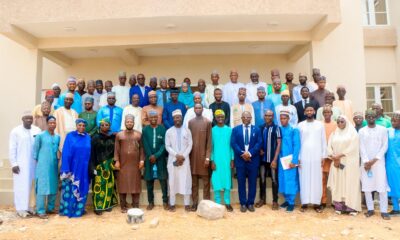
 Education2 days ago
Education2 days agoSAZU unveils Career Service Centre, Entrepreneurship Development Centre, commissions 500KVA generator
-

 Sports2 days ago
Sports2 days agoAhmed Musa marries 4th wife
-
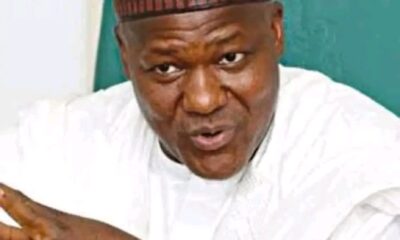
 Metro News2 days ago
Metro News2 days agoBauchi: Bulus hails Tinubu for appointing Dogara as NCGC chair
-

 Business2 days ago
Business2 days agoBauchi resident donates Sallah ram to Tinubu in appreciation for Kolmani Oil license
-

 National News1 day ago
National News1 day agoYour anti-Tinubu coalition will fail, APC cheiftain tells Atiku, Obi, others
-
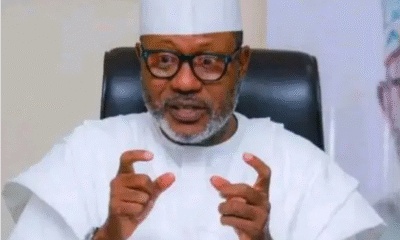
 Politics21 hours ago
Politics21 hours agoBreaking: Buhari’s minister dumps APC in Nasarawa ahead of 2027


